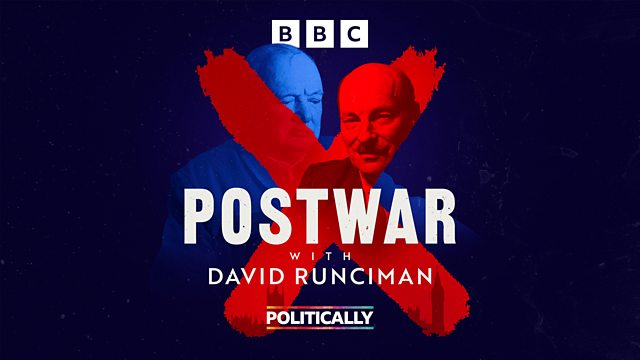8. Healthcare for All
David Runciman tells the story of the 1945 election and the dawn of a new age. The war changed many things, and access to healthcare was one of them.
David Runciman tells the story of the 1945 election and the dawn of a new age.
The 1945 general election was one of the biggest shocks in British parliamentary history: a decisive rejection of Winston Churchill and his leadership. The election of Clement Attlee's Labour government in a landslide marked a break with the past and signalled a strong desire on the part of the British people for something new. But it was also a product of Britain's wartime experiences and revealed the many ways in which the country had already changed.
The years that followed, the postwar years, would bring about bold and radical reform, the building of a new nation, a 'New Jerusalem'. The Britain of the National Health Service and the welfare state, of nationalised industry and the so-called 'postwar consensus' -- all were ushered into place with this election. This is the Britain that most have us have grown up in and which still shapes an idea of who we think we are.
The war changed many things, and access to healthcare was one of them. The Beveridge Report had proposed free healthcare for all in November 1942, and that vision informed the wartime coalition government’s White Paper of May 1944. Its title? ‘A national health service’. From that point on, the operative question was not whether there would be a future NHS, but what form it should take, its extent, and who should be in control.
Featuring historians Lucy Delap and David Kynaston.
With thanks to Joseph Foster.
Last on
More episodes
Broadcast
- Wed 18 Jun 2025 13:45ÃÛÑ¿´«Ã½ Radio 4
Podcast
-
![]()
Politically
Conversations with leading political figures reflecting on their lives in politics.


